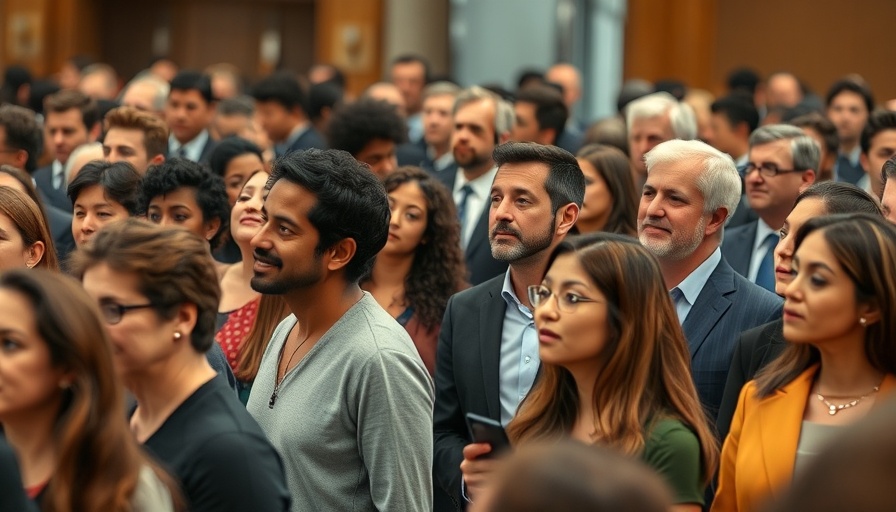
Bezos Takes a Bold Editorial Stance at The Washington Post
In a significant shift for one of America’s leading newspapers, Jeff Bezos, the owner of The Washington Post, announced that the opinion pages will now focus exclusively on advocating for "personal liberties and free markets." This move has polarized opinions, attracting applause from some corners of the Trump administration, notably from entrepreneur Elon Musk, while drawing criticism from staff and former staff members.
The Implications for Journalistic Integrity
Bezos's email to the staff, made public on X, emphasized that perspectives contrary to his newfound mission would be "left to be published by others." This exclusionary approach has awakened concerns about journalistic integrity and the fundamental role of a newspaper: to publish a diverse range of viewpoints that reflect the richer tapestry of public opinion.
The resignation of editorial page editor David Shipley, who opted not to stay under these new editorial guidelines, highlights the gravity of the changes. Mr. Shipley stated he would step down to pursue opportunities that align more closely with his values and convictions in journalism.
Reader Reactions and Their Significance
In response to this bold repositioning, several former editors and journalists expressed their disapproval. Marty Baron, a previous editor of The Washington Post, publicly stated he felt “disgusted” by these developments. Such sentiments raise questions among readers about the future of opinion journalism at the paper, suggesting a possible pivot towards a more biased platform that prioritizes party-line perspectives over balanced discourse.
The Bigger Picture: Media Landscape Changes
This editorial reset does not exist in a vacuum. The landscape for news media is evolving, with the internet allowing diverse opinions and voices to flourish outside traditional outlets. Bezos’s declaration signals a chance for The Washington Post to carve a unique niche in an already fragmented media landscape, with potential risks as they alienate readers who seek comprehensive coverage of controversial and diverse issues.
Ultimately, the decisions made by Bezos and his team at The Post will shape not only the newspaper's editorial approach but also influence how taxpaying citizens and consumers of news perceive their traditional sources of information. As the gears turn in Washington's media machine, stakeholders from all corners must consider how these changes impact the democratic discourse essential for a productive society.
Final Thoughts: What Does This Mean for You?
As taxpayers who rely on news for informed decisions, the direction The Washington Post takes could shape perceptions not only of markets and liberties but also of broader socio-political structures. Understanding these shifts allows you to navigate your choices — from where to get news to how you engage in civic discourse.
For those looking for additional strategies to manage their financial decisions, particularly in a changing economic climate influenced by such editorial choices, consider exploring savvy strategic tax deductions for businesses to optimize your tax situation.
 Add Row
Add Row  Add
Add 


 Add Row
Add Row  Add
Add 

Write A Comment